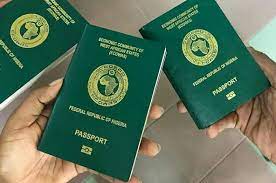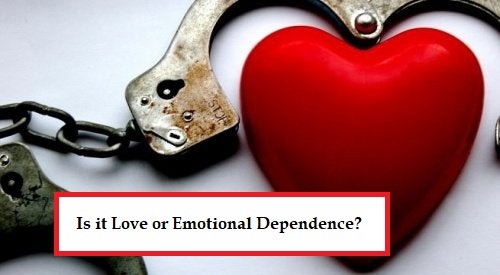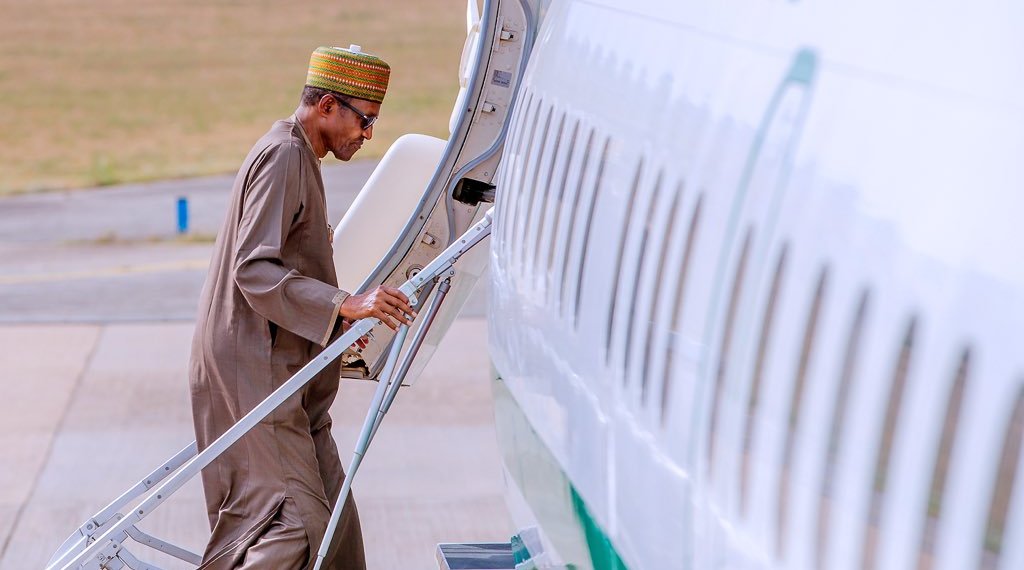
The United Nations Children’s Fund (UNICEF) has recently revealed that at least one person dies every hour due to WASH-related diseases. This is a concerning and alarming statistic that should not be ignored.
Mr. Ramesh Bhusal, Chief WASH at UNICEF Ghana, shared this information during a media engagement ahead of the UN’s 2023 Water Conference. He called on Ghanaian authorities to urgently increase investment in the WASH sector to make safe water accessible to every member of the public. According to Bhusal, Sub-Saharan Africa is trailing the global average, where one in three people still depend on unprotected water sources and two to three persons used unsafe sanitation facilities.
The situation in Ghana is dire, with only 25 percent of the population having access to basic services, about 57 percent using shared public facilities, and 18 percent openly defecating. This means that a vast majority of Ghanaians lack access to clean and safe water, which leads to the spread of water-borne diseases that claim many lives.
Bhusal emphasized that water is essential to every aspect of human survival and well-being, and its availability is a fundamental human right that is not within the reach of many. While progress has been made in improving access to water and sanitation, it has been slow and highly inequitable, especially for Sub-Saharan Africa. This region has been left behind in the global efforts to improve access to WASH services, and urgent action is required to address the situation.
Due to Ghana’s proximity to the Sahel Region and its position as a safe haven for people displaced from the Sahel, the country is facing more problems related to the already inadequate WASH services, especially in the Northern regions. This makes it even more critical for the Ghanaian authorities to take urgent action to address the WASH crisis.
The UN is playing its part in supporting Ghana’s WASH sector by working with the government to ensure access to safe and sustainable WASH services for all, including children and their families. This is being achieved through capacity building, modeling innovative service delivery approaches, and system strengthening through evidence-based policy, strategy, and guidelines.
The UN’s overarching aim in Ghana is to ensure that no child goes to school without functioning WASH facilities and no women have to give birth in health facilities without functioning toilets and washrooms. This is a noble objective that requires the support and collaboration of all stakeholders in the WASH sector in Ghana.
In conclusion, the WASH crisis in Ghana is a matter of urgency that requires immediate attention and action. The Ghanaian authorities must prioritize investment in the WASH sector to make safe water accessible to every member of the public. This will not only save lives but also contribute to the economic development and prosperity of the country. UNICEF is committed to supporting Ghana in this critical area, and we call on all stakeholders to work together towards achieving access to safe and sustainable WASH services for all Ghanaians.












